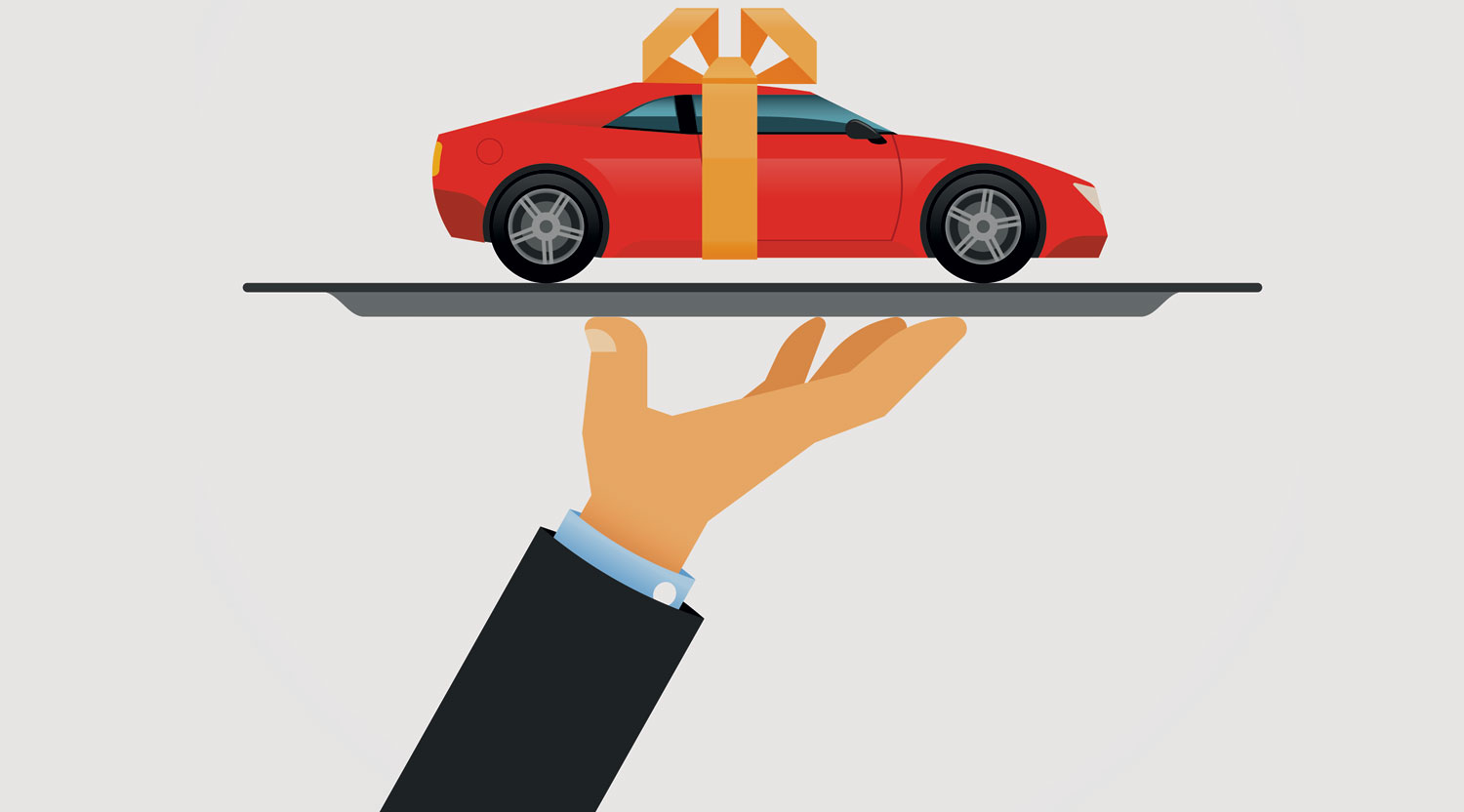

People are holding back on big-ticket car purchases in Oman despite attractive campaigns from dealers and banks. According to a report from the BMI Research, there is scope for a small rebound of around three per cent in the new vehicle sales across 2018.
A recent report from Alpen Capital said the number of passenger cars in the Gulf Cooperation Council (GCC) is expected to grow at five per cent Compound Annual Growth Rate (CAGR) from an estimated 10.2 million in 2015 to 13.2 million in 2020.
In the GCC, Saudi Arabia showed a decline of 19.4 per cent, the United Arab Emirates (UAE) 24.7 per cent, Kuwait 28.2 per cent, Qatar 25.2 per cent and Bahrain 23.6 per cent.
According to Oman’s National Centre for Statistics and Information (NCSI), the demand for private vehicles dropped by 20.4 per cent during January-August this year compared with the same period of 2016.
Only 41,377 vehicles were sold as against 51,980 in 2018.
Commercial vehicles segment saw a decline of 35.2 per cent, with only 9,303 vehicles sold during January-August compared with 14,367 in 2016 during the same period.
Fuel consumption is showing a decline in most of the GCC countries, including Oman.
“The story is not just about slowdown, there is also a new pattern emerging with preferences. Fuel efficiency factor is also weighed by the nationals, which was not the case until last year,” a senior official of a popular mid-range brand told the Observer.
“In a country like Oman and also other GCC countries, heavy-duty off-road cars are inevitable, but more people are looking at compact city cars,” he said.
“There are changes in loan patterns sought for vehicles by customers,” according to those in the finance and insurance industry.
According to Olx Oman, the number of listings in the cars section has tripled on a month-to-month basis in the past three years, which also points towards a pattern of car sales outside the conventional market.
At the same time, according to Apicorp Research, the annual gasoline demand growth — which averaged 6.2 per cent between 2010 and 2015 – shrunk to 0.4 per cent in 2016.
The report said rapidly growing demand for petroleum products has been typical for the GCC countries due to high population growth, robust economic performance and demand for power sector until a few years ago.
Vinod Nair
Oman Observer is now on the WhatsApp channel. Click here



